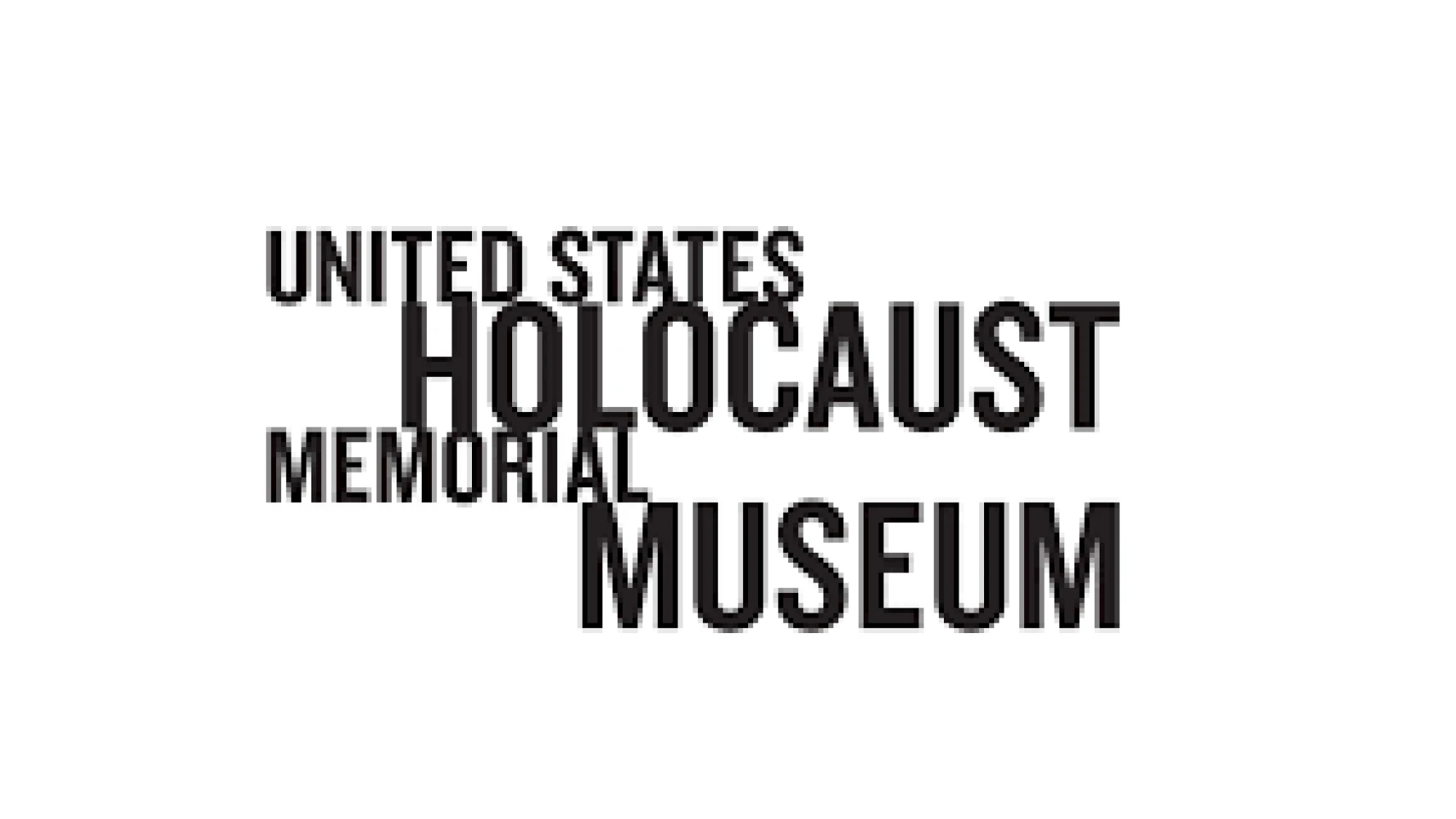
SOCIAL BONDS A Lifeline for Atrocity Victims
Published by The United States Holocaust Memorial Museum
September 26, 2024
Co-authors: David J. Scheffer, Caroline Kabe, Madeline Babin
Mass atrocities leave victims with profound pain and long-term requirements for support to rebuild their lives. Restitution and financial support are common, yet typically unmet, demands among those harmed by such crimes. Traditional accountability mechanisms, formal reparations awards, and humanitarian organizations can provide some redress and ongoing support to victims, but there is a yawning gap between the funds available and what is required to repair the harm inflicted on victims of mass atrocities.
Ambassador David Scheffer (in his capacity as a Simon-Skjodt Center Tom A. Bernstein Genocide Prevention Fellow), Dr. Caroline Kaeb, and Madeline Babin have examined a creative way to address this gap. Their report, Social Bonds: A Lifeline for Atrocity Victims, explores how social bonds—an innovative investment vehicle—can financially support victims and survivors of mass atrocities. Social bonds are financial instruments that raise funds for specific social projects while providing financial returns to investors.
The authors explain how humanitarian investing—private sector investment to pursue humanitarian goals—is a growing field with the potential to benefit those harmed by mass atrocities. The social bond market, one area of humanitarian investing, grew during the COVID-19 pandemic. In recent years, social bonds have funded diverse efforts including reducing prison recidivism rates, reducing homelessness, and promoting immunization and other public health goals. The authors argue that social bonds hold particular promise as a long-term solution to provide funds for victims and survivors of mass atrocities.
